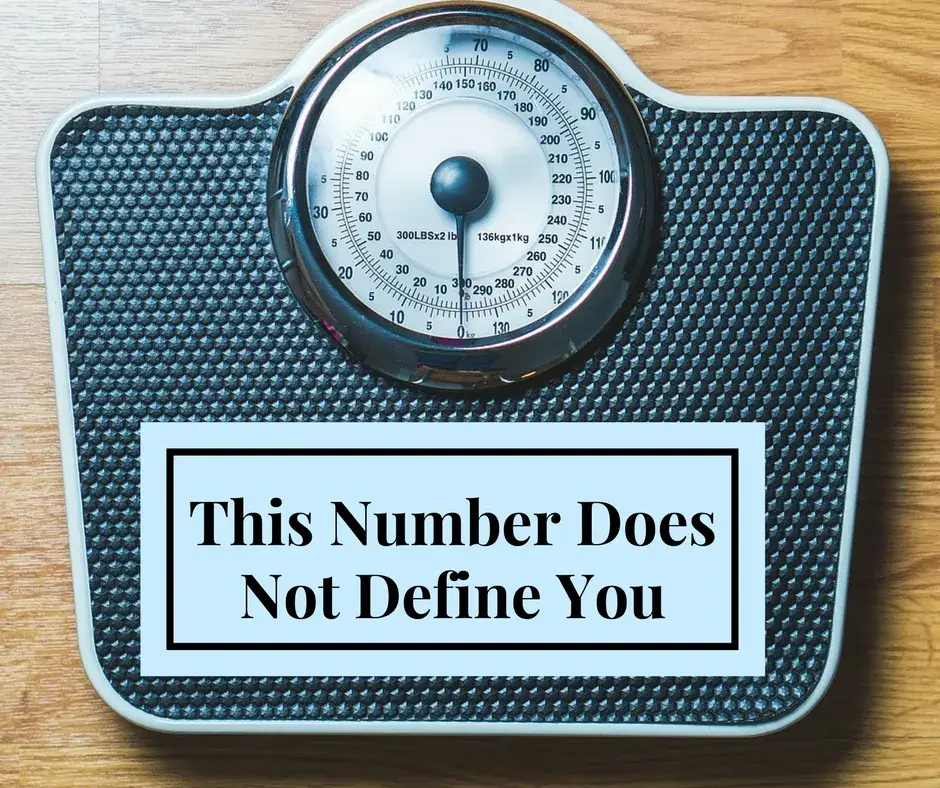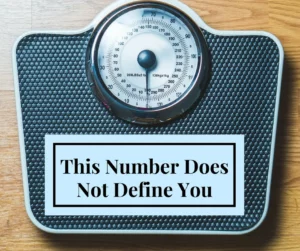It is incredibly common for individuals to seek nutrition counselling as a means of trying to lose weight, but did you know that improving your health doesn’t have to be focused on changing your weight at all? And more and more research is emerging indicating that focusing on weight and weight loss to improve health is actually not necessary, nor recommended. Welcome to the weight-inclusive model of care!
What is weight-inclusive care?
In healthcare, the weight-inclusive approach assumes that everybody is capable of achieving their own definition of health and well-being without focusing on their weight, provided they have access to care that is not stigmatizing. It is aligned with Health at Every Size (HAES), a model trademarked by the Association for Size Diversity and Health (ASDAH). It places priority on supporting individuals in finding their definition of health at any size, and has been shown to improve health markers significantly compared to a weight focused approach (1). As weight is not a behaviour that can be changed by the individual, other health-promoting behaviours are prioritized along with advocating for reduced weight stigma and greater access to resources that support healthy communities.
Weight-inclusive care is based on the following HAES beliefs (2):
1. Respect: weight-inclusivity celebrates that bodies are diverse in all of their many characteristics!
2. Critical Awareness: weight-inclusivity challenges assumptions that exist in science and culture around body appearances and sizes.
3. Compassionate Self-Care: weight-inclusive care encourages finding joyful movement, flexible and mindful eating, while also respecting the conditions that impact options available to individuals.
How does weight-inclusive care translate into nutrition counselling?
Learning Intuitive Eating
Intuitive eating practices, such as identifying hunger and fullness cues, can assist individuals in choosing the amounts of food that feel both comfortable and satisfying. Choosing a variety of foods is encouraged in line with personal preferences, cultural background, financial means and nutrient density. No foods are labeled as good or bad, simply a small part of a larger eating pattern to meets the needs of each individual. And food is seen as one of many different tools available to cope with emotions, in addition to spending time with friends and family, engaging in enjoyable hobbies, deep breathing and much more!
Tailored Nutrition Therapy
If nutrition-related concerns exist, such as diabetes or elevated cholesterol, nutrition recommendations serve to manage these conditions instead of attempting to cause weight loss with restrictive eating. Food choices are specific to these conditions along with other lifestyle habits such as adequate sleep, enjoyable physical activity and stress management. Focusing on health markers such as blood glucose and blood pressure provide a more accurate and appropriate measurement than weight alone in making nutrition and lifestyle changes.
Ditching Diet Culture
Working from a weight-inclusive perspective allows a dietitian to help individuals in breaking free from a dieting mindset and challenging old thoughts around food and eating that may have been harmful. Food rules, yo-yo dieting and weight cycling are patterns that can be addressed in nutrition counselling to allow all types of foods, reframe thoughts about food and the body, and build confidence around your personal wellness!
If you’re ready to build a lifestyle without food or body shame, contact us! Our team of dietitians and therapists is ready to help support you. You can also book a FREE consultation call today to learn more about Journey to Health and our weight-inclusive approach.
References:
1. Health at Every Size® approach. Association for Size Diversity and Health website. https://www.sizediversityandhealth.org/content.asp?id=19. Accessed October 6, 2021.
2. Health at Every Size website. https://haescommunity.com/. Accessed October 6, 2021.
Copyright © 2021 Journey to Health – All Rights Reserved.





